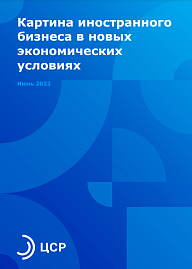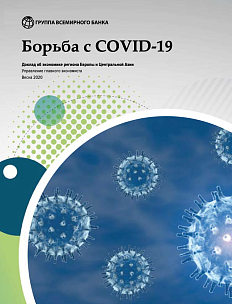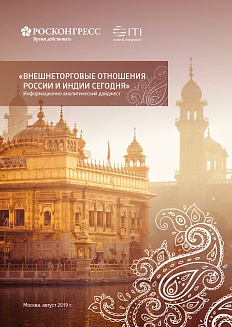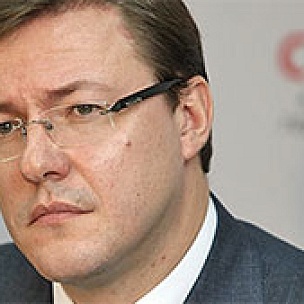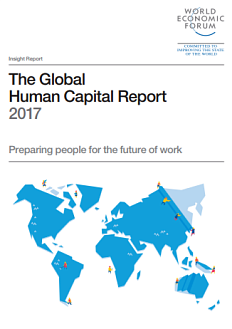In this report the Center for Strategic Research (CSR) assesses the activities of foreign companies operating in Russia and the role they play in the labor market in the current context of geopolitical instability and sanctions.
The Roscongress Foundation presents the salient points of the publication accompanied by fragments of broadcasts of relevant panel discussions from the business programme of international events held by the Roscongress Foundation.
Foreign companies react to the current geopolitical situation in different ways.
The report says that reactions of foreign companies to the current geopolitical situation vary depending on industry and region. The actions they take to respond to the challenges are different too.
Over half of foreign companies haven’t announced any restrictions and do business as usual. Of the largest 600 companies, 46% declared that they were introducing some restrictions on their work on the territory of Russia, while 21% suspended their activities. The authors of the report note that the suspensions were frequently due to objective reasons and weren’t meant as a means of minimizing reputational losses from working in Russia. CSR analysts estimate that between 120 and 150 thousands of workers in foreign companies, while remaining formally employed, are actually out of work at the moment (these are mainly workers in the car industry and retail trade). 35 to 40 thousands are facing a direct threat of staff reductions. These are mostly employed in IT, financial services, and food industry — the sectors where many companies (roughly 90) announced that they had made a final decision to leave the Russian market. The authors of the report point out that most foreign companies, if they decide to leave the Russian market, won’t suffer any substantial financial damage because they will probably sell their Russian division. In the last few months, 60 such deals were announced.
Importantly, 20% of foreign companies (mainly in the pharmaceutical sector), though continuing their activities in Russia, stopped investing in the Russian economy. In the medium term such a reduction in investment may cause job losses in foreign companies.
From a regional perspective, serious effects will be felt by regions which relied on attracting foreign enterprises and which have a large share of foreign companies in the employment structure (reaching 20%). Some of these regions are the Kaluga, Novgorod, Arkhangelsk, Samara, and Leningrad Oblasts.
A large number of foreign companies are expected to resume their activities in Russia.
CSR analysts say that only the largest global companies will probably be able to leave Russia completely as the Russian market isn’t very significant for them. Companies with a substantial share in revenues coming from sales in Russia will likely adapt to new regulatory conditions and demand and supply characteristics and will continue their work on the Russian market. Most companies which suspended their activities are expected to resume their work on the territory of Russia.
The authors of the report propose a number of steps which might facilitate this process. Some of the recommendations include an easing of currency regulations; promoting a declarative procedure for M&A deals with shares and options of foreign companies worth less than RUB 2 billion; accelerated procedure for excluding brands of companies which resume their work in Russia from the list of parallel imports, etc.
Gain more insights about economic development, investment, and trade in the Trade policy, Investment climate, and Entrepreneurship sections of the Roscongress Information and Analytical System, and about trends in the labor market in the Labor Market section.


